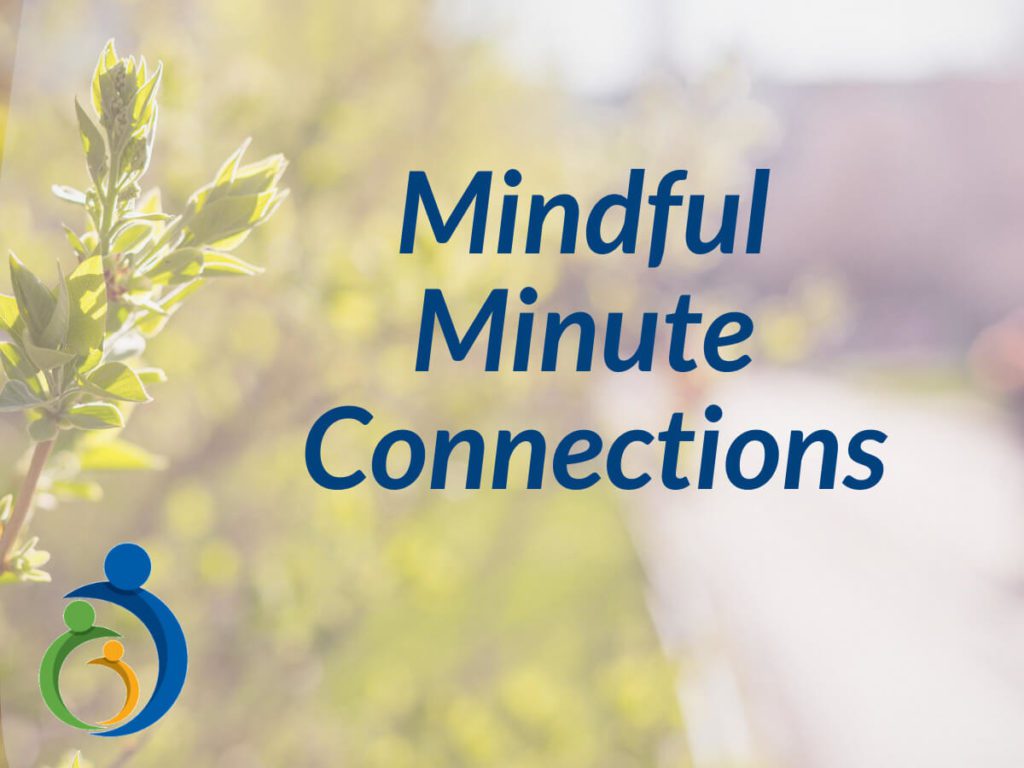
This blog post was written by Jen Weidner, MSW, LCSW, a Behavioral Health Therapist at the Beloit Area Community Health Center.
The holiday season is not always joyous
When most people think of the holidays, they are reminded of gift giving, holiday parties and time with family and friends. What people are less likely to remember is that the holiday season is also a time of increased sadness, loneliness, painful reflection, anxiety and depression.
Even people who love the holidays can experience “blues” during this busy season. The holidays are a time of high emotions and demands that can lead people to feel exhausted and overwhelmed. For people already struggling with mental health issues, the holiday season can make symptoms worse.
Causes
There are many reasons people may experience holiday blues, including:
- Money: The holidays can make individuals anxious or depressed over financial burdens because of the need to purchase holiday gifts in addition to all the regular bills that must be paid.
- Stress: Some individuals become overwhelmed with the multiple activities and responsibilities that the holidays bring.
- Lack of strong social support: Other people may experience depression or a sense of isolation due to the lack of family or friends.
- Nostalgia for how the holidays have been in the past: For some, the holidays bring up memories of family members both past and present.
- Unrealistic expectations: Although people would like to believe their memories of loved ones are good, this is not always the case and as the holiday season is a time to remember family, it may reinforce unhappy memories.
- Family interaction: It may be difficult dealing with extended family, especially if you don’t get along or spend a lot of time with them.
How to Cope
As you prepare for the upcoming holiday season, keep the following tips in mind to help reduce the added stress that the holidays bring:
- For those who are struggling with money matters, give more creative gifts. If you are not crafty, consider making gifts offering services that you can provide such as coupons for favorite dinners, game nights, etc.
- Have a realistic view about your own family. Do not assume that your family will all behave well if that is not the norm at past family gatherings.
- If you experience bad memories from past holidays, use this season to create new traditions.
- Consider giving some of your own good fortune to others more needy by giving items or time to a charitable organization.
- Develop a schedule of tasks to be accomplished over the holidays to avoid becoming overwhelmed
- Be mindful of food and alcohol consumption. Overeating can lead to feeling unhappy about extra pounds come January. Alcohol lowers the inhibitions of people and may influence individuals to make bad decisions for themselves that they will later regret.
- Set some things to look forward to in January to avoid holiday letdown.
- Exercise regularly. Although it can be hard to stick to regular work out routine during this busy season, research has shown that regular exercise can help to combat symptoms of depression.
- Have realistic expectations. Make sure to focus on connections with people and not be worried about everything being perfect. Enjoy time with the people in your life.
- Get help. If the holidays blues become more serious or don’t go away after the holidays are over, it may be time to seek professional help.
Sources
- National Alliance on Mental Illness. Tips for Managing the Holiday Blues.
- Cherry, Kendra. An Overview of the Holiday Blues. Updated 3/22/2020.













